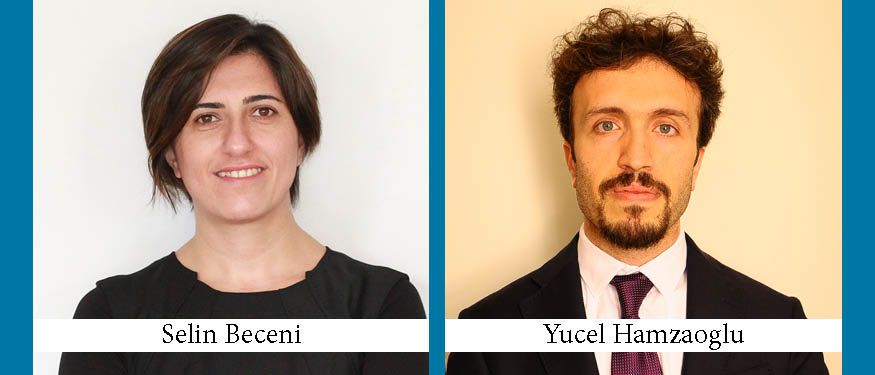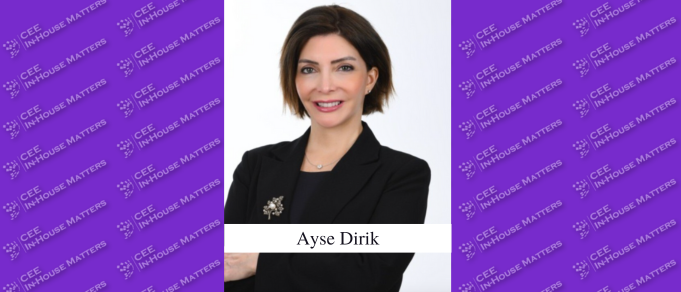Under Turkish Law, five different decree laws regulate the regime of trademarks, patents, industrial designs, geographical indications, and integrated circuit designs.
The recently introduced Draft Law on Industrial Property Rights (the “Draft Law”) aims to consolidate these five decree laws into a complete set of rules and present reforms to the current regulations to align the regime on industrial property rights with the relevant European Union regulations. Negotiations on the Draft Law have been pursued in the Turkish parliament since April 4, 2016, and it is expected to be enacted in the near future.
The most significant reforms regarding trademarks and patents introduced by the Draft Law are worth explanation.
Significant Reforms of the Draft Law on Trademarks and Patents
The current legislation sets forth absolute grounds for refusal of a trademark registration. The registration of a trademark which is identical or confusingly similar with a previously registered trademark or with a previously applied trademark application with respect to the identical or same type of goods or services will be rejected. Although the same provision is incorporated in the Draft Law, applicants are presented with a new opportunity as well: an application for a trademark registration shall not be rejected where the proprietor of a trademark consents to the registration of a subsequent trademark which is identical or confusingly similar with its trademark for identical or same type of goods or services. A notarized letter of consent shall be submitted before the Turkish Patent Institute as proof of consent.
A third party, acting in good faith within the context of commercial and industrial use and in the ordinary course of trade, may use another’s trademark subject to certain conditions. The Draft Law has enhanced the scope of the fair use of another’s trademark, and the amendment is in line with the new trademark legislation in European Union Regulation No 2015/2424. The Draft Law provides that a third party may use another’s trademark where it is necessary to state the intended purpose of goods or services, especially of accessory and auxiliary equipment. The relevant provision clarifies the use of trademarks by resellers, distributors, and auxiliary equipment sellers.
One of the most significant reforms of the Draft Law is the removal of penalties of imprisonment and fines stipulated under the highly criticized current patent legislation. Removal of this highly criticized provision is progress, as applicants who unlawfully apply to register a certain patent are no longer penalized, nor are third parties infringing the rights of the patent holder.
Moreover, the Madrid Agreement Concerning the International Registration of Marks and the Protocol Relating to that Agreement – to which Turkey is a party – regulates international trademark registration applications. The Draft Law incorporated the rule and thus international trademark registration applications made before the relevant authority in an another signatory country shall be deemed to have been made before the Turkish Patent Institution as well.
In recent years, improvement of R&D activities has been strongly emphasized in government policies such as the 64th Government Program and the related Action Plan and the 10th Development Plan of Turkey. However, the Draft Law provides that the relevant public authority must be notified of inventions made in projects supported by it. Within one year of such notification, the person benefiting from the project shall inform the relevant public authority that he/she will claim the right to the invention. Otherwise, the relevant public authority may claim right over the said invention. Once the invention is patented by the person benefiting from the supported project, the relevant public authority will be entitled to a non-exclusive and non-transferable license over the invention free of charge. Additionally, where the patent holder fails to meet the needs of public health or national security, the relevant public authority may request a licensee for its own benefit or for the benefit of third parties. As a consequence of this provision, the private sector may refrain from committing to projects promoted by public authorities.
Furthermore, the Draft Law stipulates that the government may grant a compulsory license to a public institution for patents important to public health or national security. Compulsory licenses granted on the grounds of public interest may be exclusive, or the beneficiaries of the compulsory license could be limited to certain enterprises. The intervention of the government by way of granting compulsory licenses with respect to public health may affect sectors such as the pharmaceutical sector in the long run.
By Selin Beceni, Partner, Yucel Hamzaoglu, Senior Associate, and Burak Uzun, Associate, BTS & Partners

















